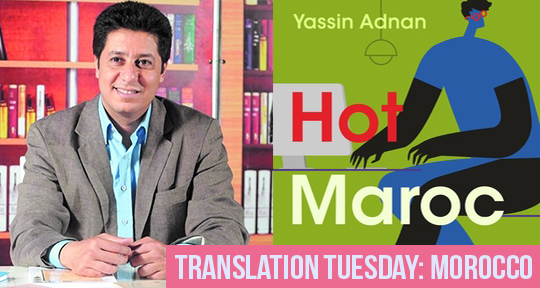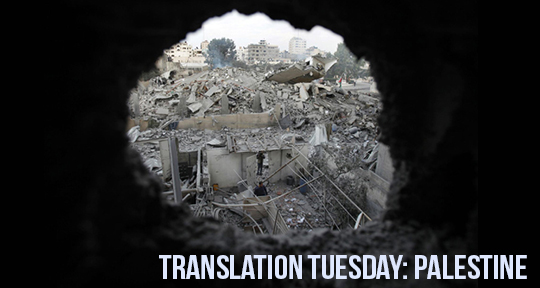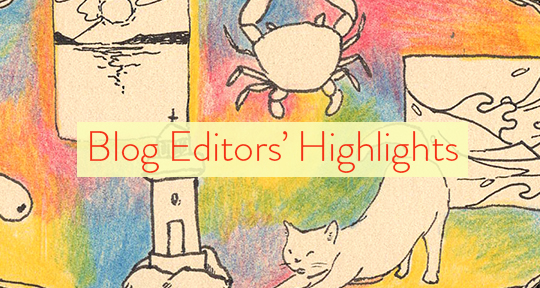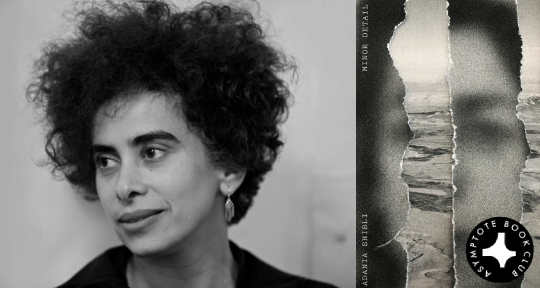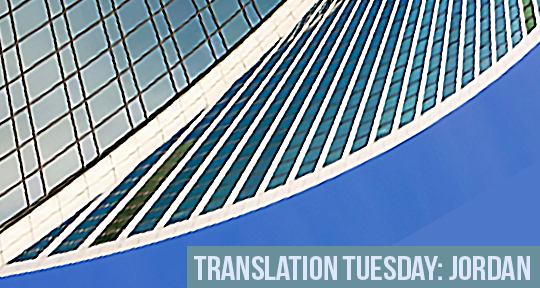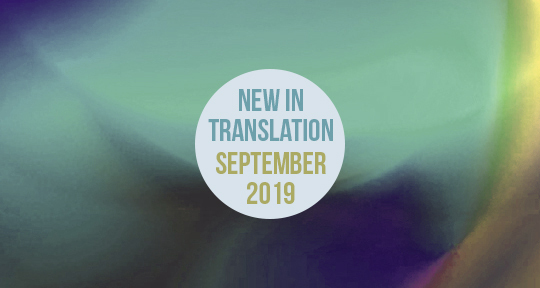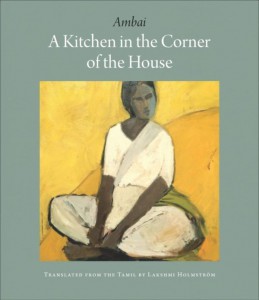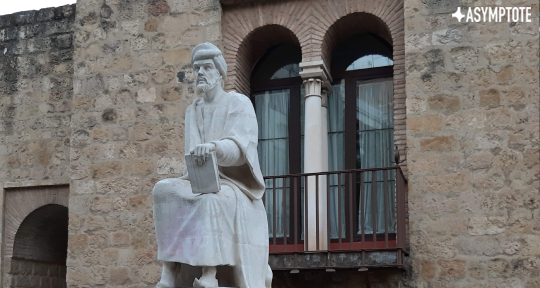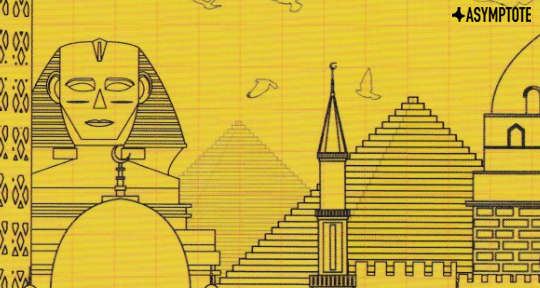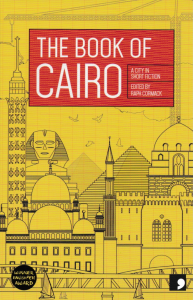With an infectious blend of humor, satire, and biting social commentary, Yassin Adnan’s novel Hot Maroc gives readers a portrait of contemporary Morocco—and the city of Marrakech—told through the eyes of the hapless Rahhal Laâouina, a.k.a. the Squirrel. Painfully shy, not that bright, and not all that popular, Rahhal somehow imagines himself a hero. With a useless degree in ancient Arabic poetry, he finds his calling in the online world, where he discovers email, YouTube, Facebook, and the news site Hot Maroc. Enamored of the internet and the thrill of anonymity it allows, Rahhal opens the Atlas Cubs Cybercafe, where patrons mingle virtually with politicians, journalists, hackers, and trolls. However, Rahhal soon finds himself mired in the dark side of the online world—one of corruption, scandal, and deception. Longlisted for the International Prize for Arabic Fiction in 2017, Hot Maroc is a vital portrait of the challenges Moroccans, young and old, face today. Where press freedoms are tightly controlled by government authorities, where the police spy on, intimidate, and detain citizens with impunity, and where adherence to traditional cultural icons both anchors and stifles creative production, the online world provides an alternative for the young and voiceless. We are thrilled to partner with Syracuse University Press to present an excerpt of its debut in English.
The Atlas Cubs Cybercafe
The autumn winds blow over Marrakech’s gardens, parks, and trees as September draws to an end. The entrance exam period has passed and those of Rahhal’s and Hassaniya’s friends who passed the exams have enrolled in training schools for primary and secondary school teachers, while those who flunked have gone back to throw themselves into the embrace of a deadly emptiness. Students went on with their university lives, embarking upon another semester of lectures, discussion circles, and endless cafeteria fights, whereas those who failed were deprived even of the routine of attending classes. Hung out to dry like clothes on the line, blowing in the wind, a sense of worthlessness gnawing away at them. As for Rahhal, he found himself face-to-face with what Hassaniya had suggested. He had no other option. And he couldn’t have hoped for a better solution himself.
He stood ill at ease and submissive at the door of the principal’s office, and after Hassaniya asked if he could enter, Emad Qatifa himself rushed forward to welcome him.
“Please . . . please . . . Mr. . . . Mr. . . . Rahhal, right?”
“. . .”
“Please, come in.”
In a show of gratitude, Rahhal just nodded. He was nervous and flustered, unable to raise his eyes up to those of Emad, who seemed nice, while Hiyam, the actual principal of the school, remained sitting at her desk. She was totally indifferent. She didn’t stir in her chair at all. She was silently watching the scene with an expression that moved between severity and detachment.
The meeting ended quickly, quicker than Rahhal expected, and without him having said a single word. He found himself in the courtyard of the house that had been turned into a school, having gotten the job right then and there, but not yet understanding exactly what his job was, or what exactly the position entailed. The school had a teaching staff whose names, along with the details of the subjects they taught, were posted on an educational chart hanging to the right of the principal’s office, and Rahhal’s picture was not among them. The school had a doorman, who stood at the gate washing Hiyam’s car, watching over Hassaniya’s motorbike and the teachers’ bicycles, and selling single cigarettes to passers-by, so even this position was not available. What was left, then? It was clear that Rahhal would remain leaning up in the corner of the courtyard like a bench player on a soccer team. He would remain until things became clear. Watching the students come and go, making himself available to everyone: Emad Qatifa, the owner of the whole thing; his wife, Hiyam, the principal of the school; and her vice principal and private secretary, Hassaniya Bin Mymoune. READ MORE…

